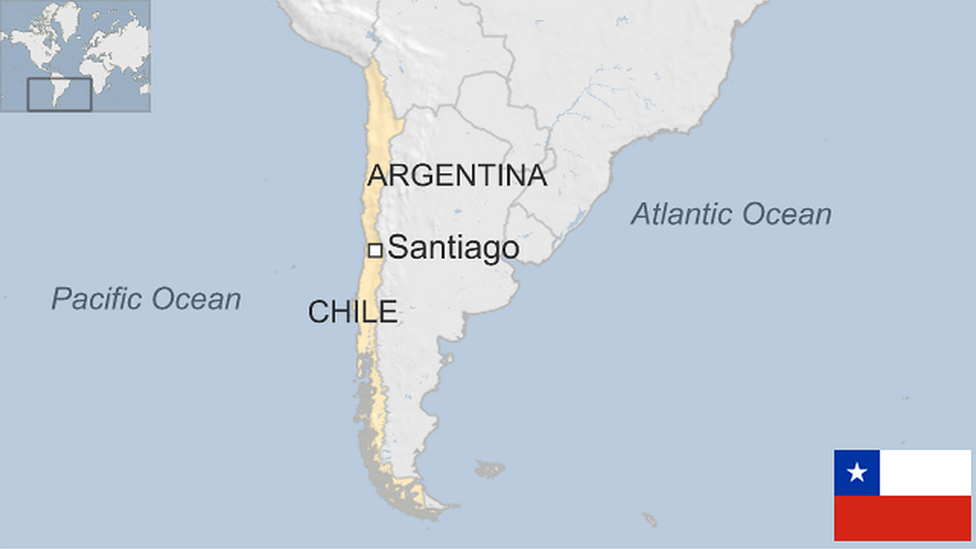Chile reburies remains of Nobel prize-winning poet Pablo Neruda
- Published
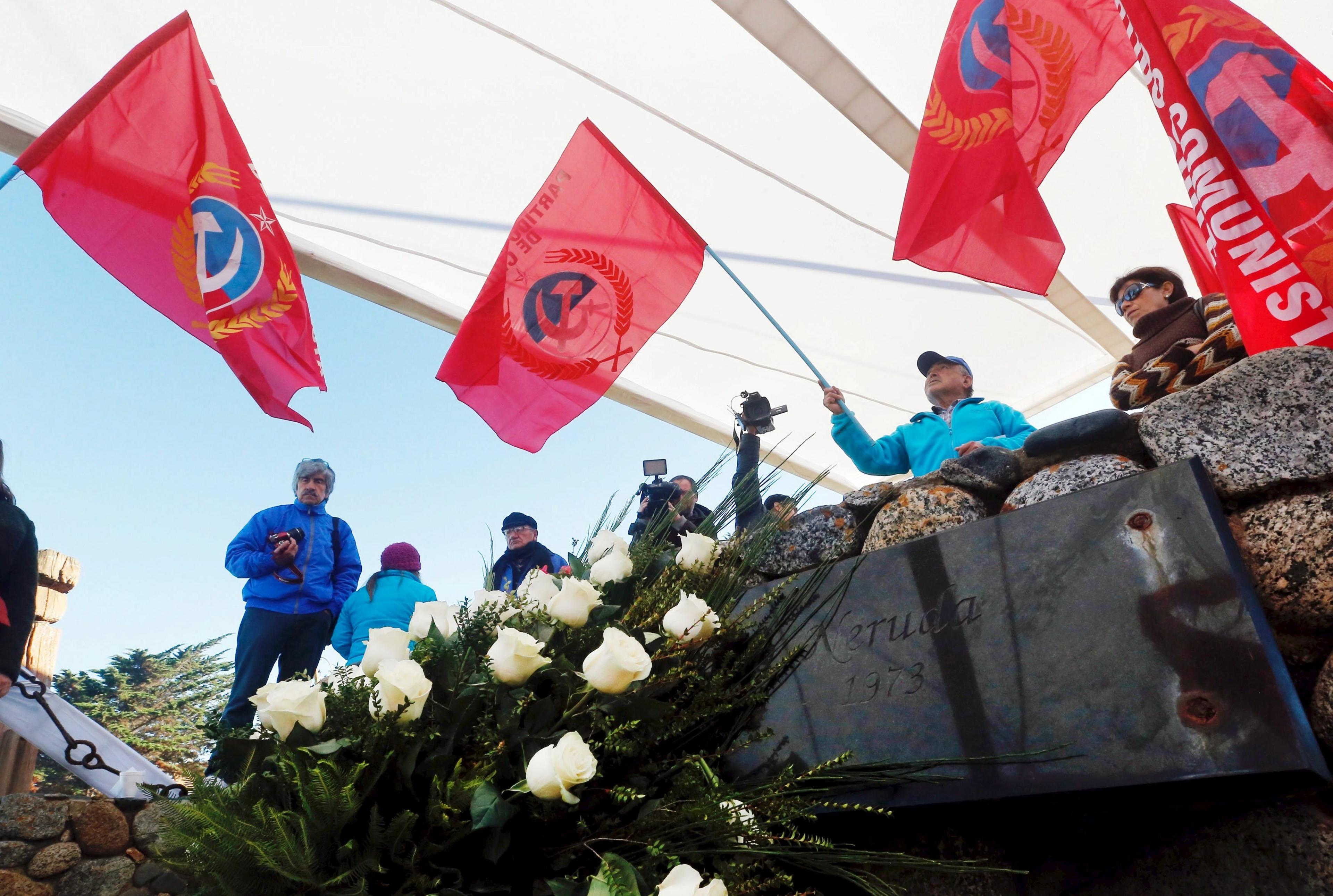
After lying in state in Santiago, Pablo Neruda was laid to rest alongside his wife at his former home in the resort town of Isla Negra
The remains of the Nobel prize-winning Chilean poet Pablo Neruda have been reburied, three years after being exhumed to investigate his death.
He died of prostate cancer in 1973, days after a military coup that brought General Augusto Pinochet to power.
But there have been persistent rumours that he was assassinated.
Last year forensic scientists said they had found an unexplained bacterial infection in his body. Full test results will be released next month.
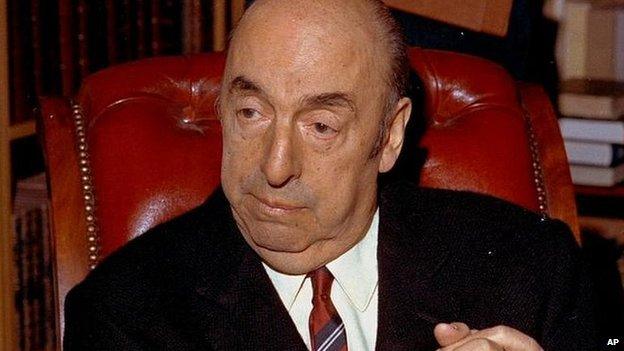
Pablo Neruda was a staunch supporter of deposed left-wing President Salvador Allende
Neruda's body was exhumed in April 2013 to establish whether he died of poisoning, as his driver Manuel Araya and others suspected.
Mr Araya said Neruda, who was 69, had called him from hospital in Santiago, and told him he was feeling sick after having been given an injection in the stomach.
Some believe he was poisoned because he was a staunch supporter of deposed President Salvador Allende.
The author, a celebrated poet and politician, was also a prominent member of the Chilean Communist party, and was said to be preparing to lead the resistance against Gen Pinochet's government.
The lawyer who brought the case to have the remains examined, Eduardo Contreras, told AFP news agency so much time had passed, there was a risk the tests would be inconclusive.
"Even though all the evidence points to a crime, it will be technically very difficult to prove," he said.
Neruda, a lawmaker and a former ambassador to France, won the Nobel Prize for Literature in 1971.
- Published22 January 2015
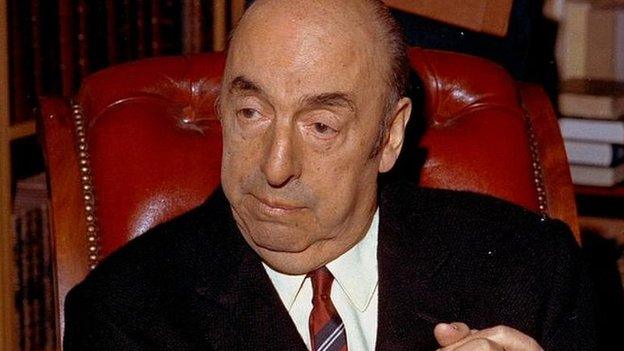
- Published8 April 2013
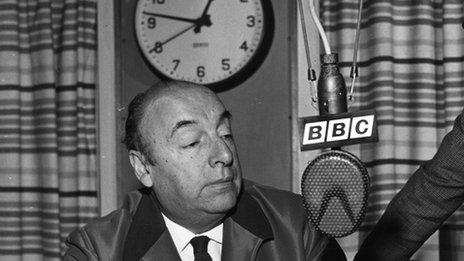
- Published11 December 2023
